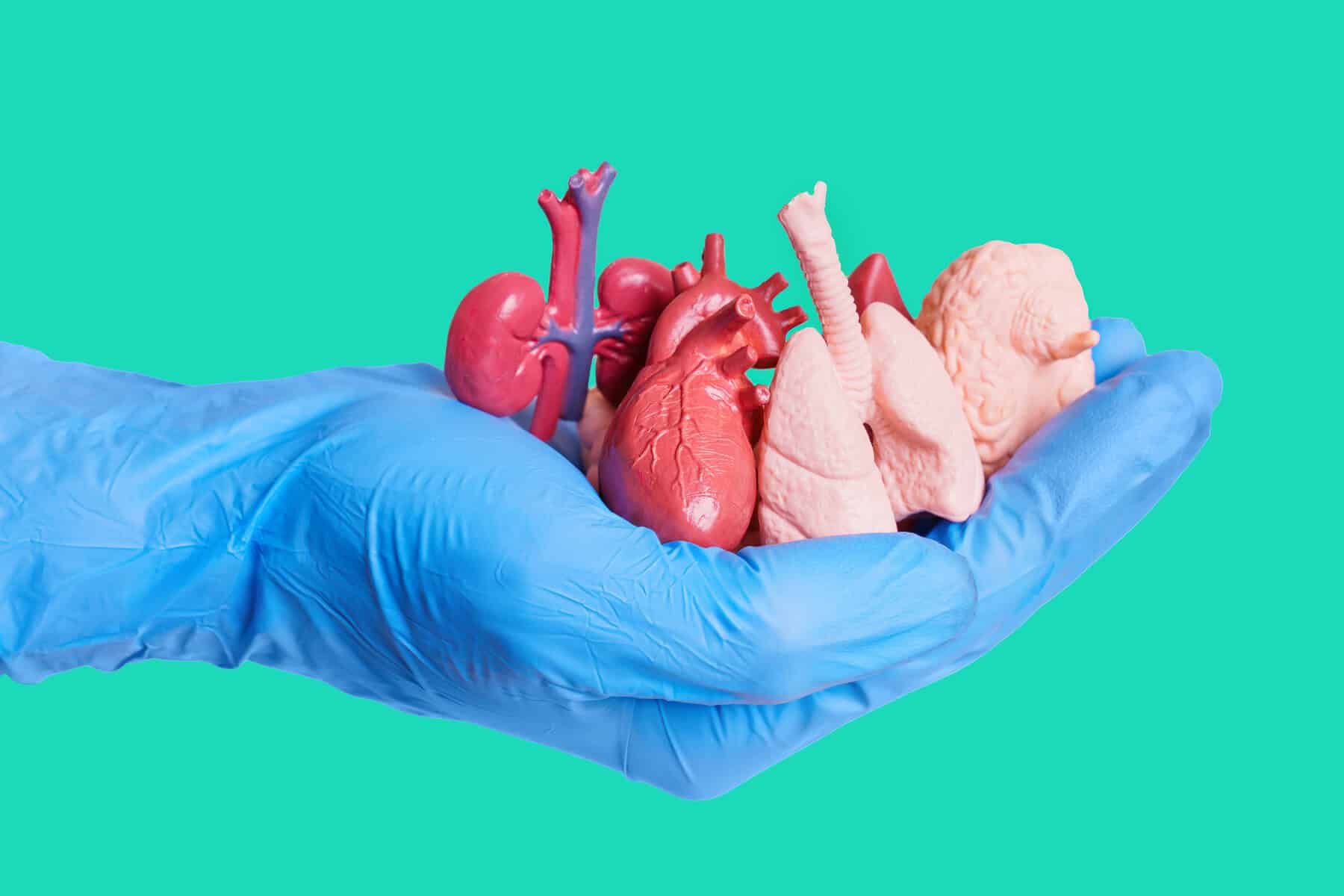One of the most in-demand organs are kidneys, with stats from 2022 indicating that 2 356 were waiting for one.

Patients on organ donor waiting lists in South Africa’s hospitals are at risk of dying because the donation rate is very low.
Recent statistics from the department of health show more than 6 500 people nationwide are on transplant waiting lists.
Gauteng alone has more than 1 100 individuals waiting for kidney transplants.
‘Shortage of donation organs’
An organ transplant is a medical procedure in which doctors use another person’s body part to replace a patient’s failing or damaged organ.
A doctor, who spoke to The Citizen about this issue but preferred not to be named as she is not authorised to speak to the media, said: “The shortage of donated organs is a serious problem because people are dying while on the waiting list.
“Something needs to be done urgently, otherwise the situation will get out of hand, and it will be too late to address it. It is frustrating to see your patient struggling, but there is nothing you can do.”
Yesterday, Michéle Clarke, the DA’s spokesperson on health, called on the government to develop a strategy that encourages people to donate organs.
ALSO READ: ‘Too many women and children dying from preventable causes,’ warns Ramaphosa [VIDEO]
“The situation is terrible and my heart goes out to the patients and their families who are waiting on transplants, as well as the families and individuals who have made the choice to donate organs.
“The fact that so many people are desperately waiting for a life-saving organ donation is incredibly sad,” said Clarke.
Factors impaction organ donation
“Religious and cultural beliefs could influence decisions regarding organ donation. Access to information and proper education about organ donation plays another role.
“Negative experiences and perceptions of the health care system could erode people’s willingness to donate.”
Clarke said people do not want to worry that their loved ones’ organs are trafficked or illegally sold.
She also urged health care workers to communicate with families regarding the death of their loved ones and the possibilities of organ donation, especially if the death is due to brain-stem injuries, as research found that people equated donating the organs of loved ones who were brain dead to killing them, even though the potential donor was already dead.
ALSO READ: Father donates kidney to give son another chance at healthy life
She added that families were also less likely to donate the organs of their loved ones if they were unsure of their preferences in this regard.
“There is a need for large-scale cultural and linguist information and awareness campaigns that penetrate all areas and communities in the country in partnership with organ donation organisations,” she said.
Kidneys in demand
According to a South African Medical Journal article published recently, one of the most in-demand organs are kidneys.
“Chronic kidney disease in South Africa is a growing public health crisis, driven by the intersecting burdens of HIV, tuberculosis, hypertension, diabetes and obesity.”
Statistics released by the national department of health for 2022 showed that at the time, there were about 100 people waiting for a heart transplant, 2 356 were waiting for a kidney, 100 were waiting for a liver and 33 were waiting for lungs.
According to doctors, a healthy person can donate certain organs and still lead a normal life.
People can also sign to state that their organs can be donated after they have been declared brain dead or in a related condition.
Department of health spokesperson Foster Mohale did not respond to questions sent to him via WhatsApp.
NOW READ: HIV prevention breakthrough reaches 120 countriesHIV prevention breakthrough reaches 120 countries
Support Local Journalism
Add The Citizen as a Preferred Source on Google and follow us on Google News to see more of our trusted reporting in Google News and Top Stories.






